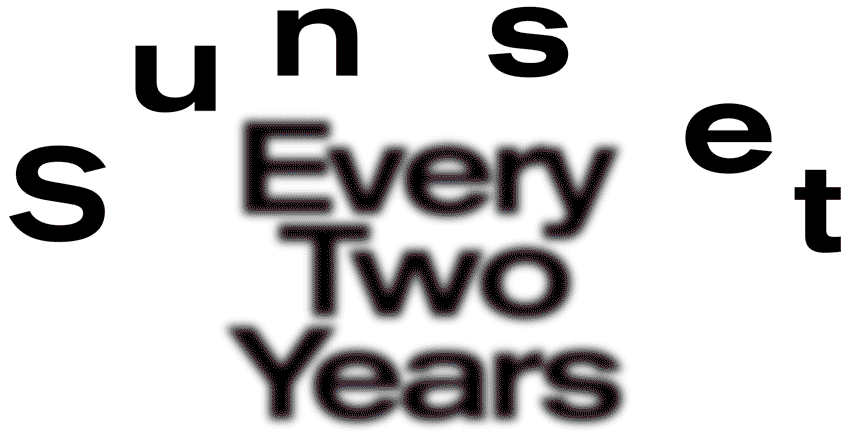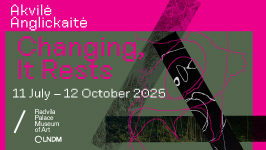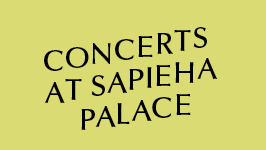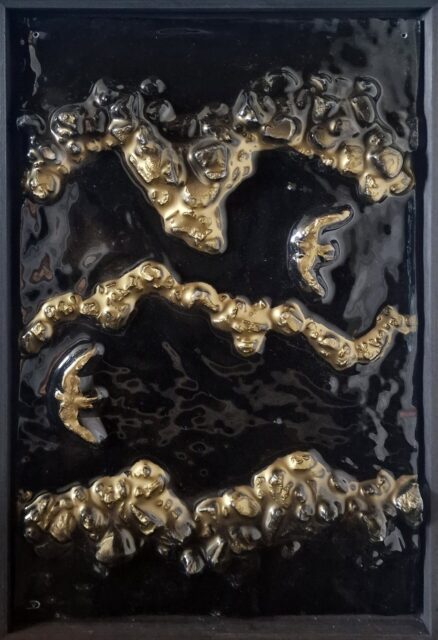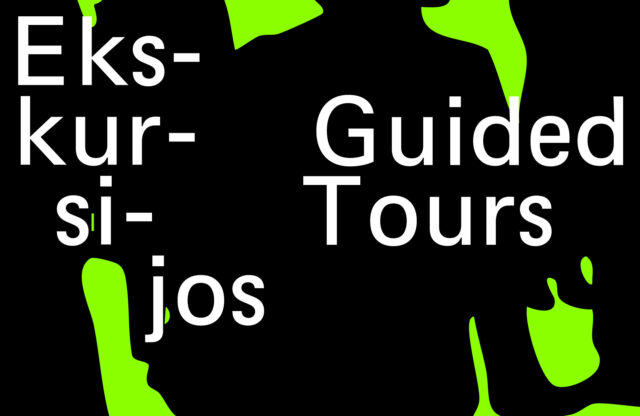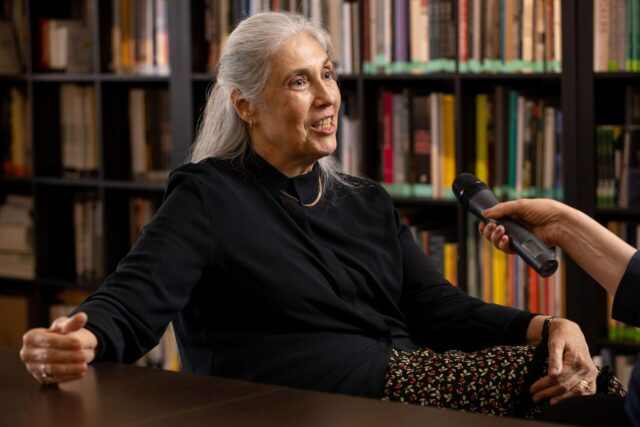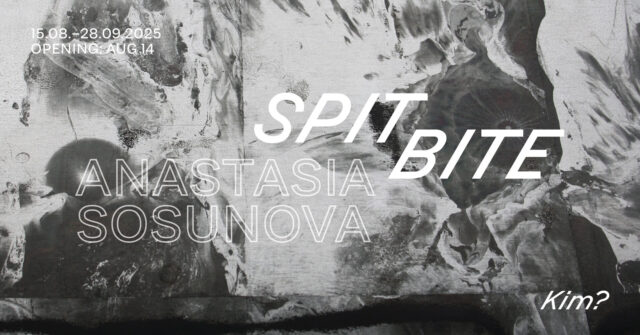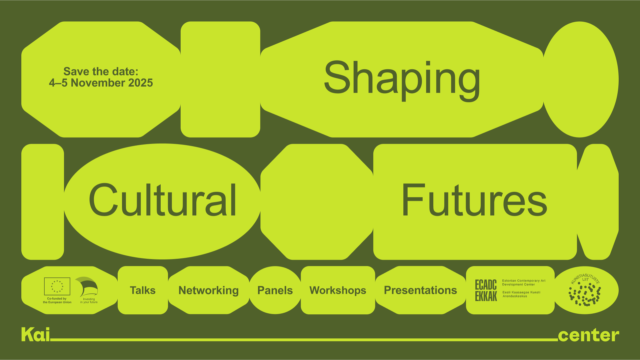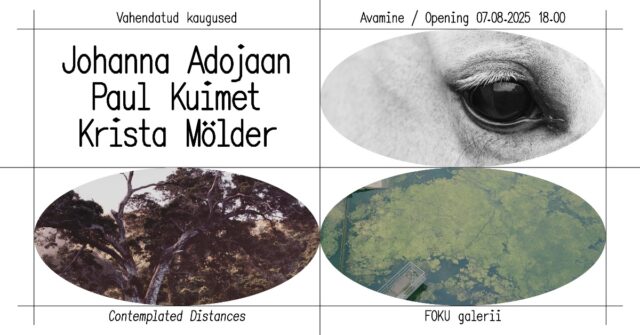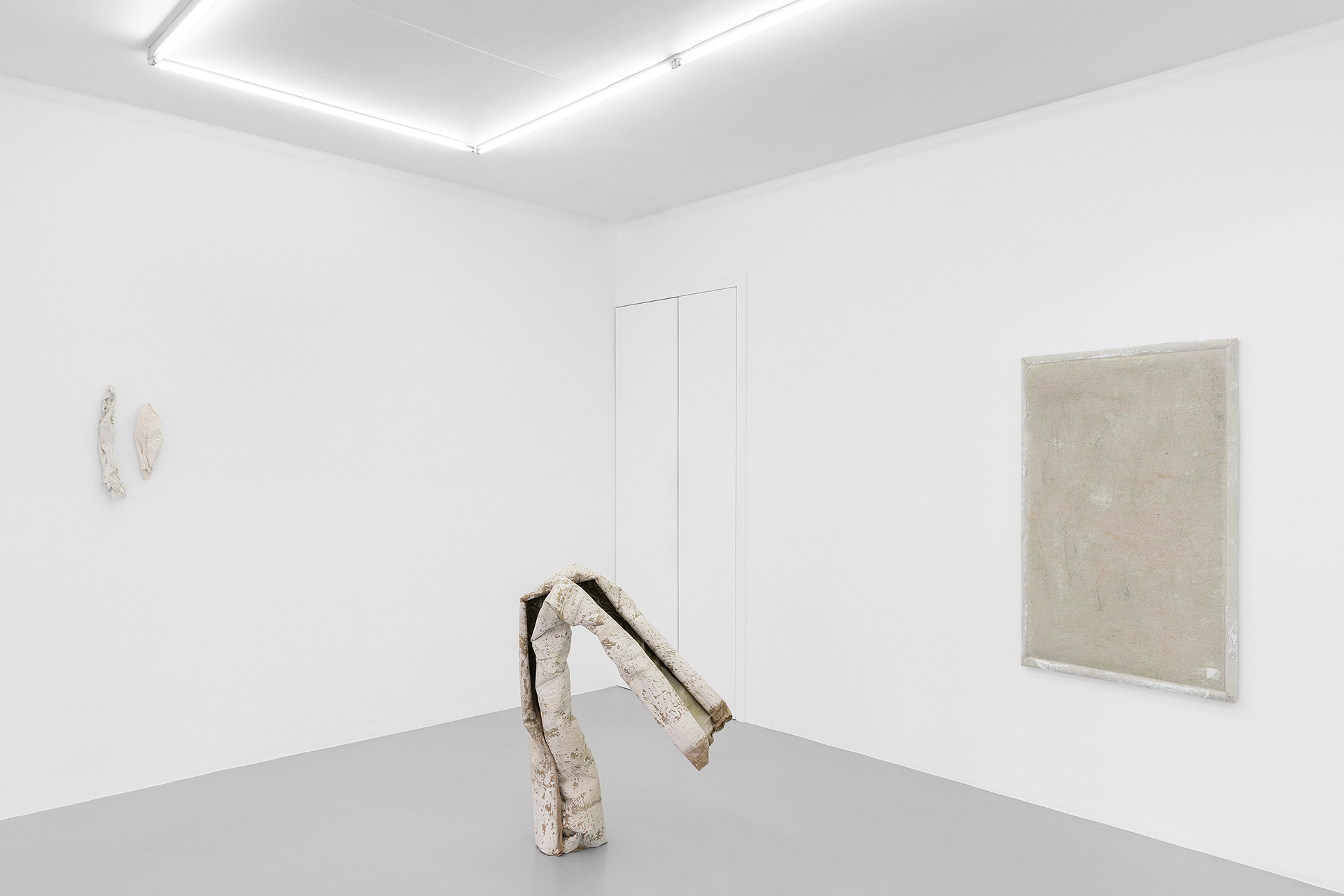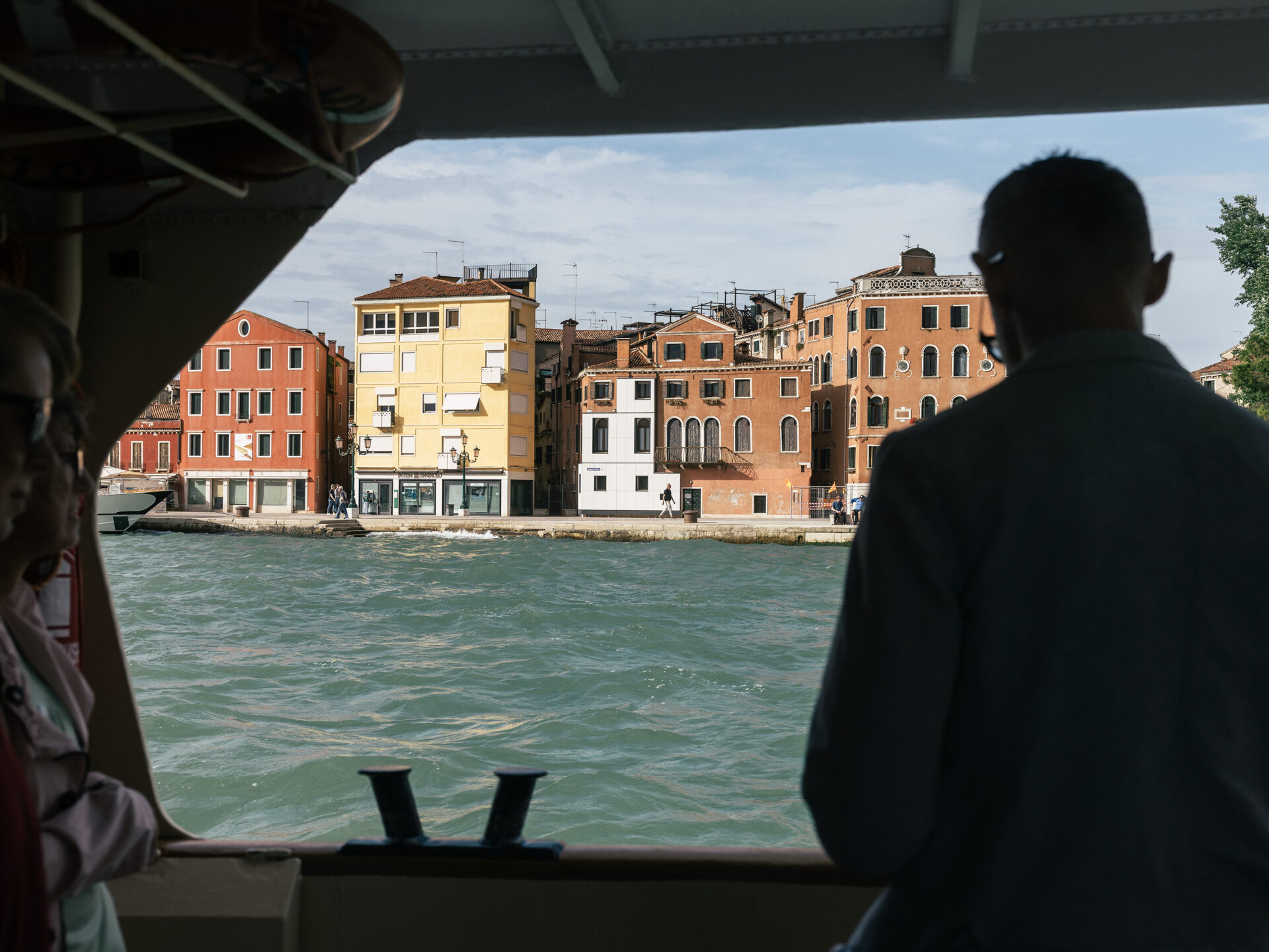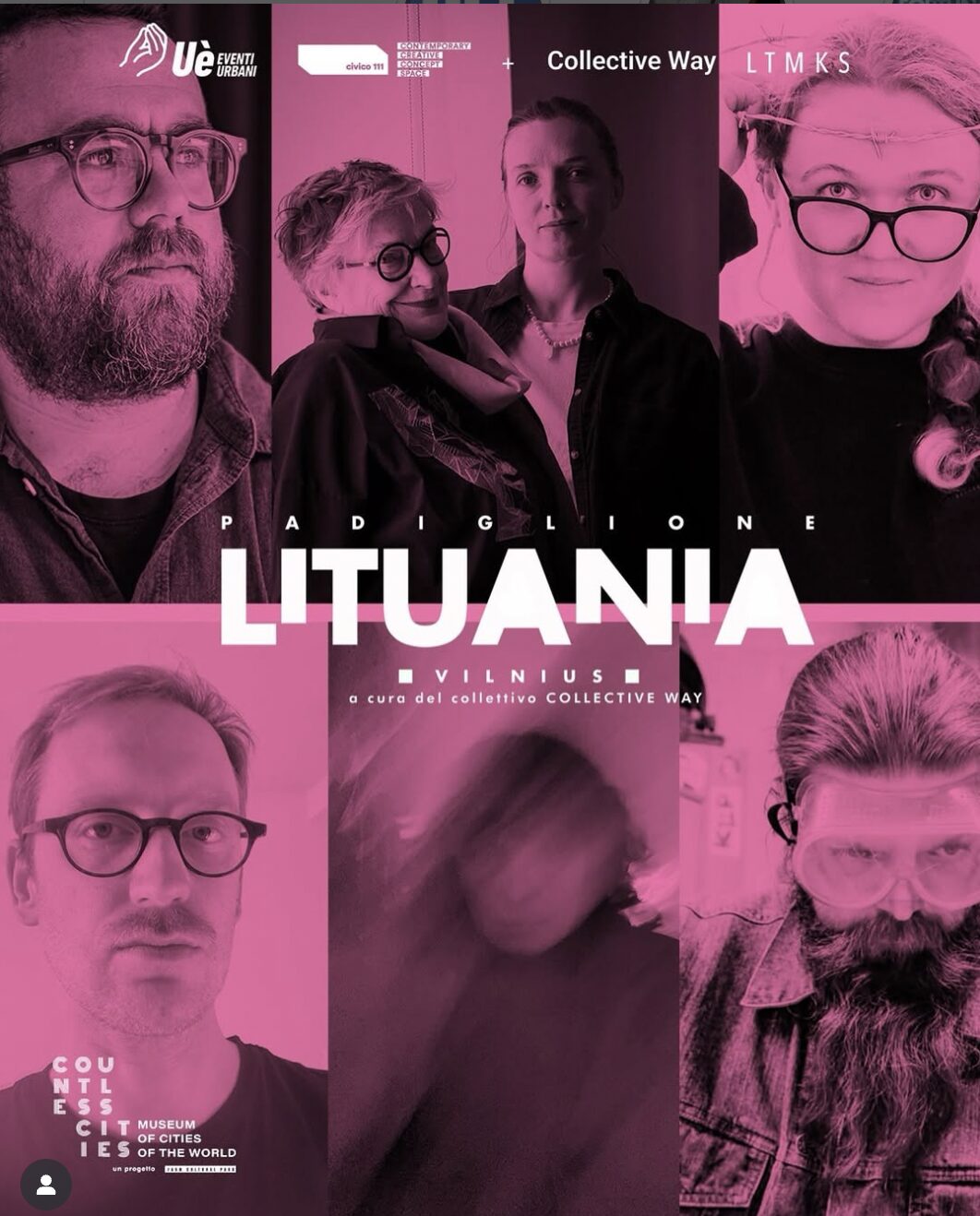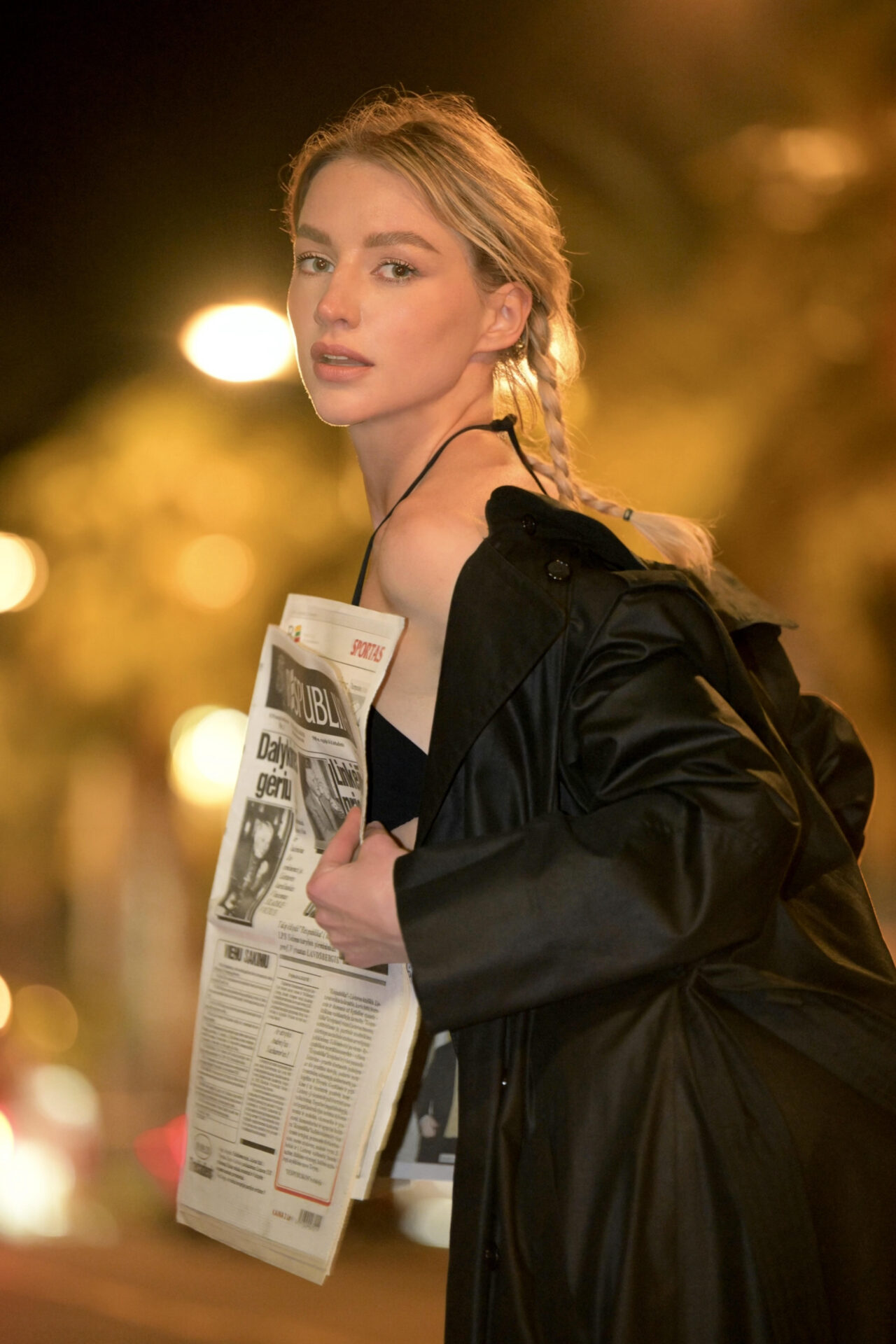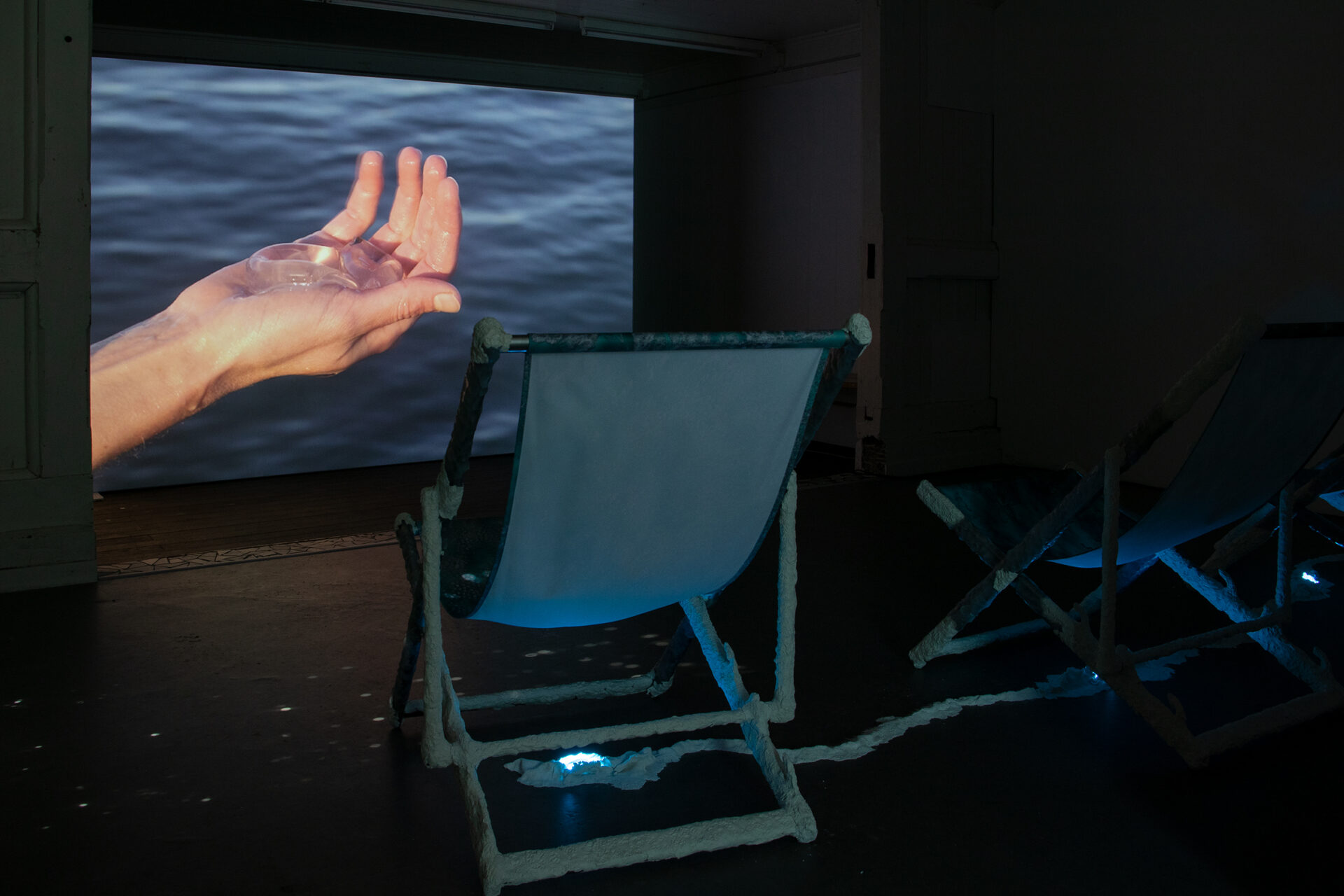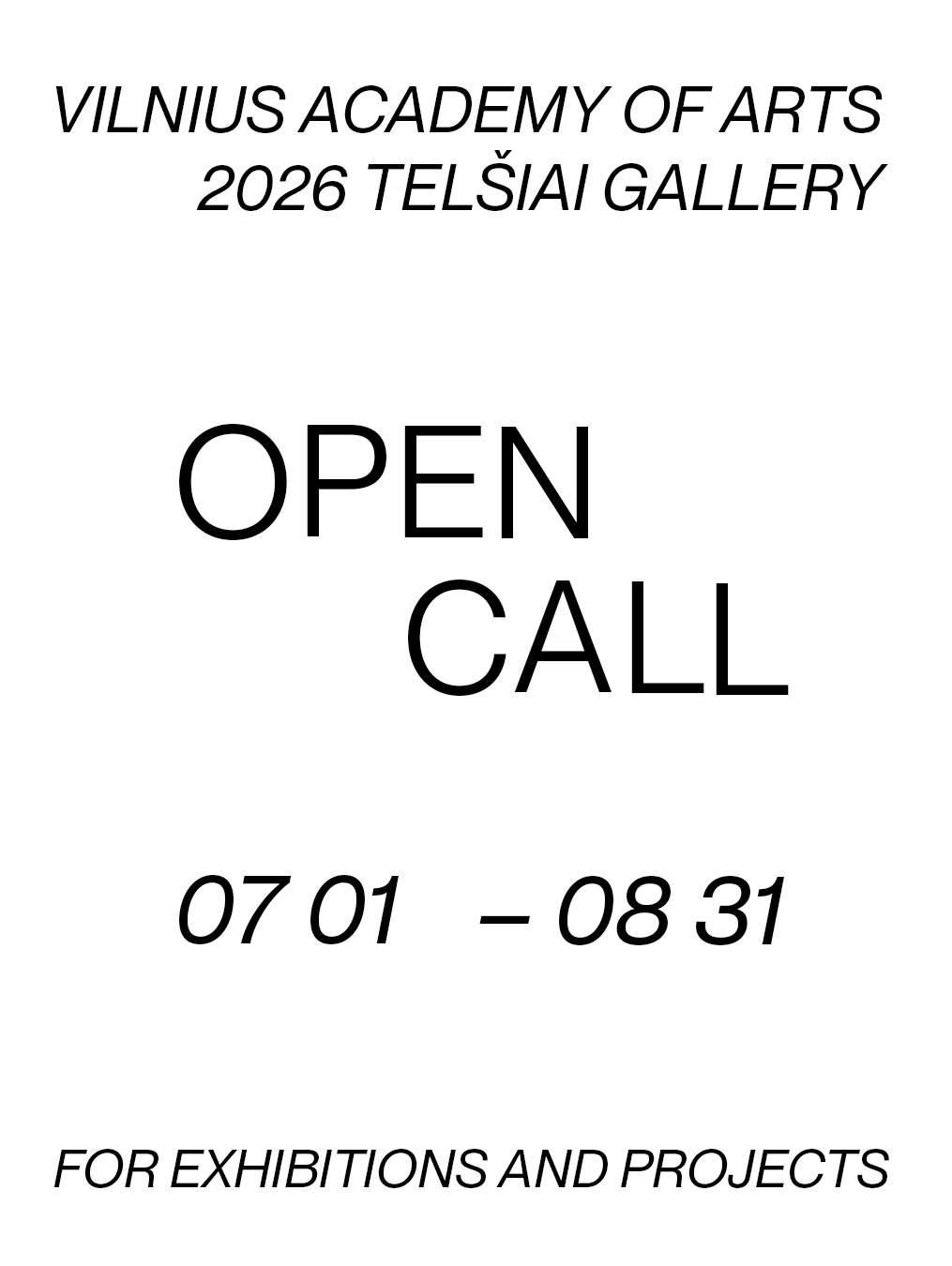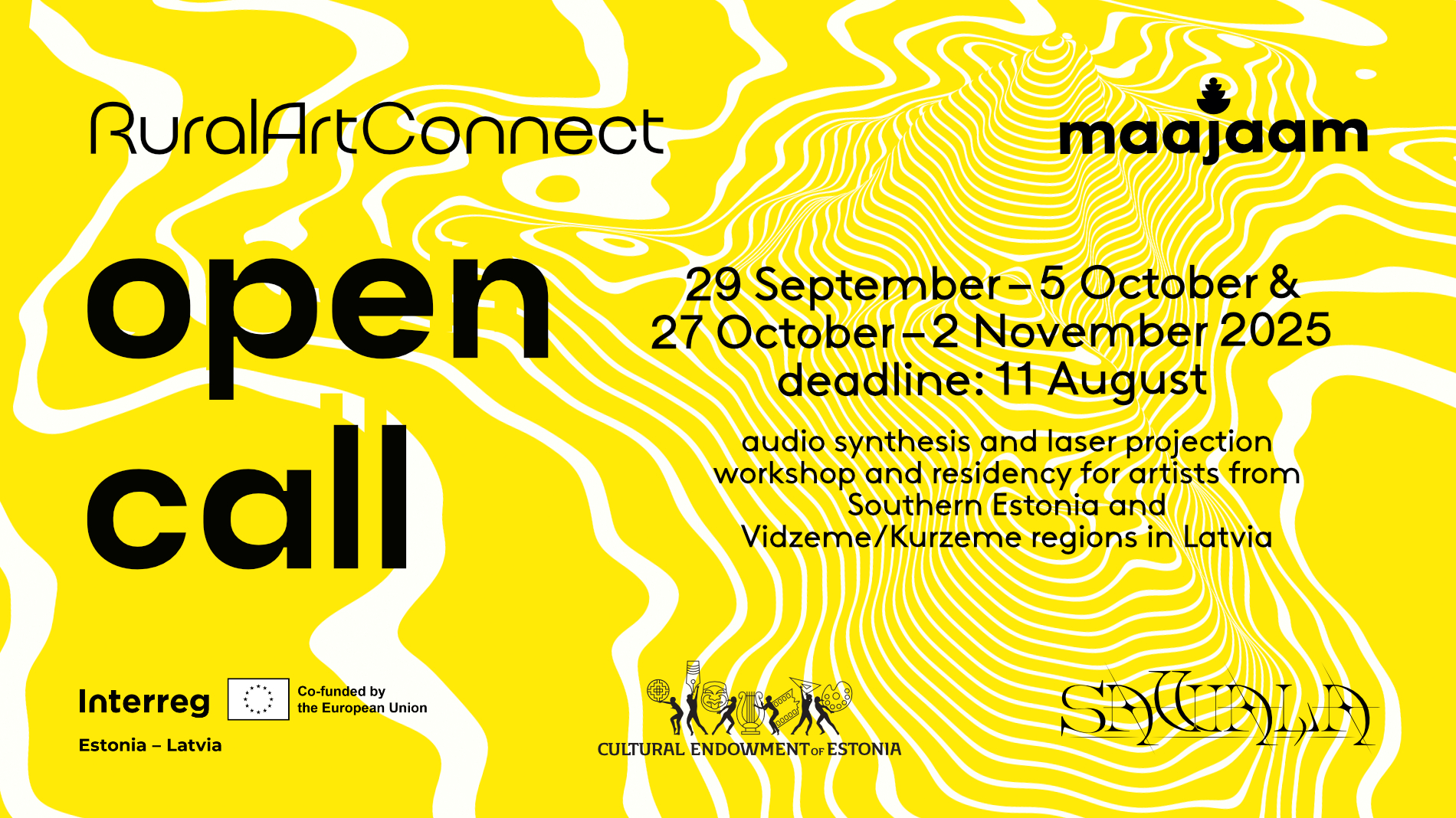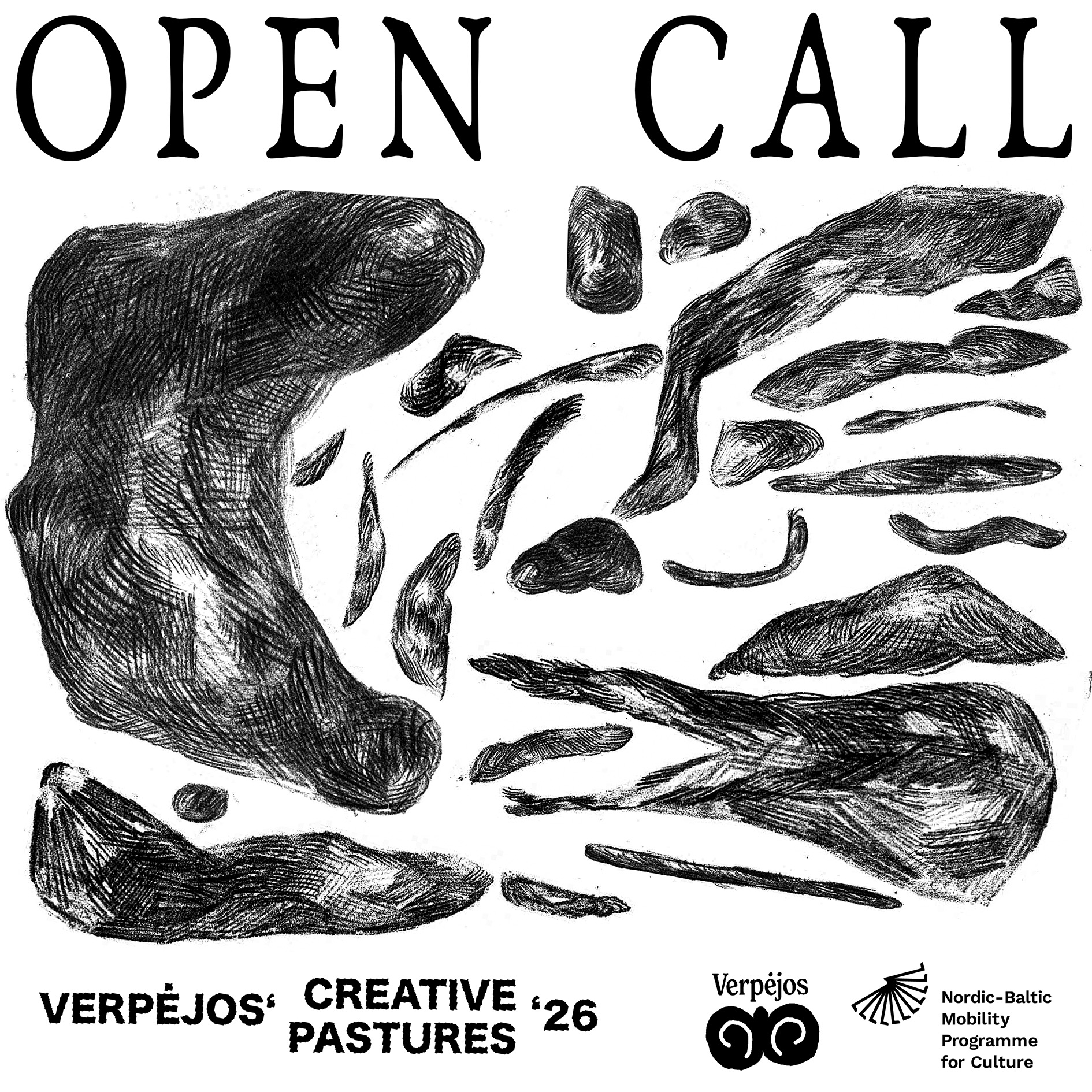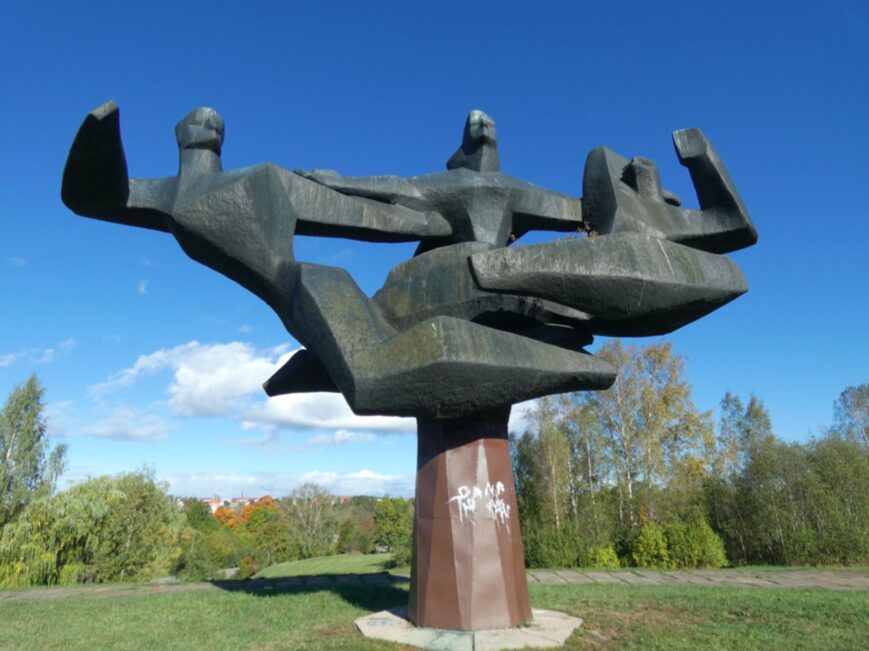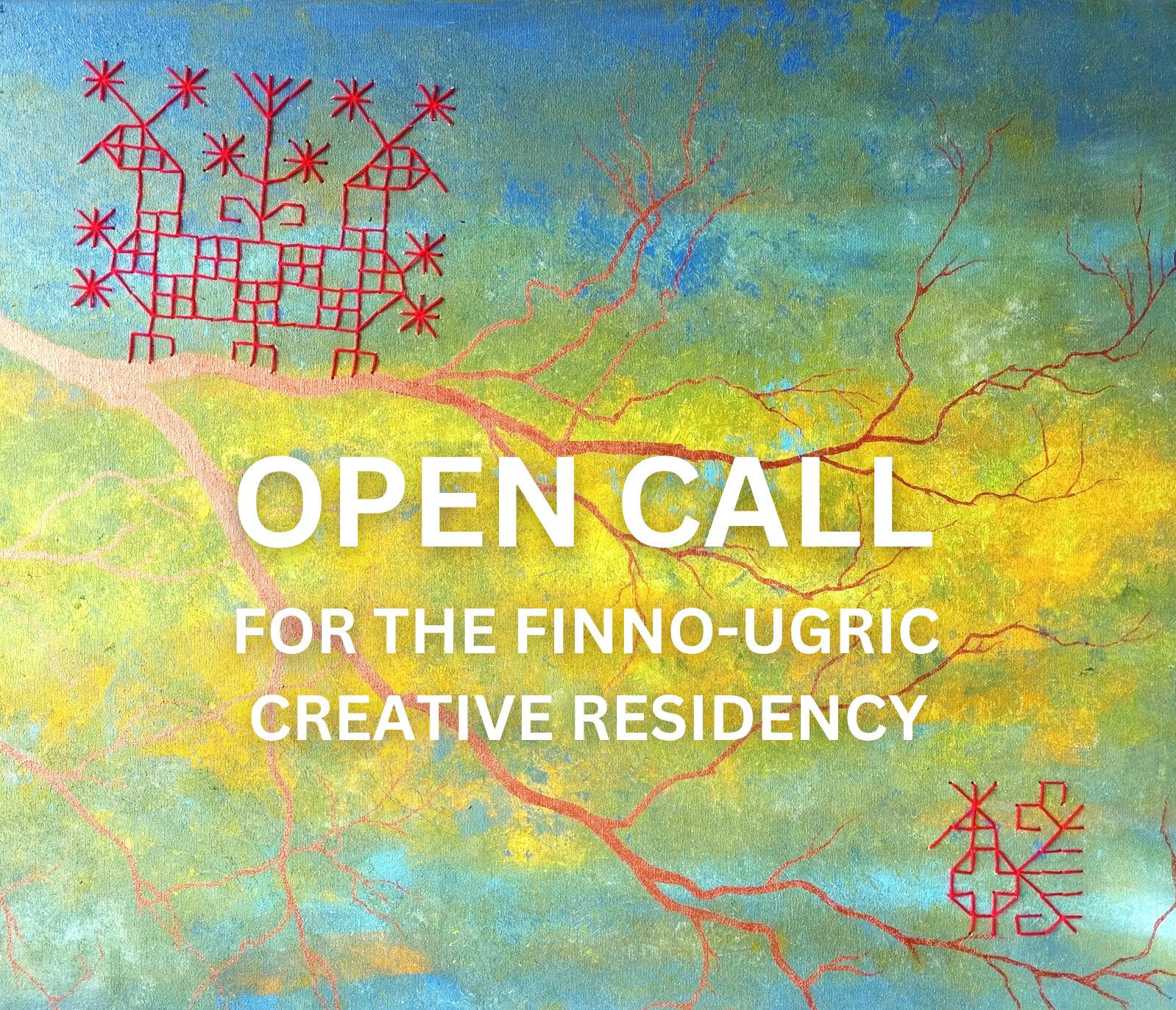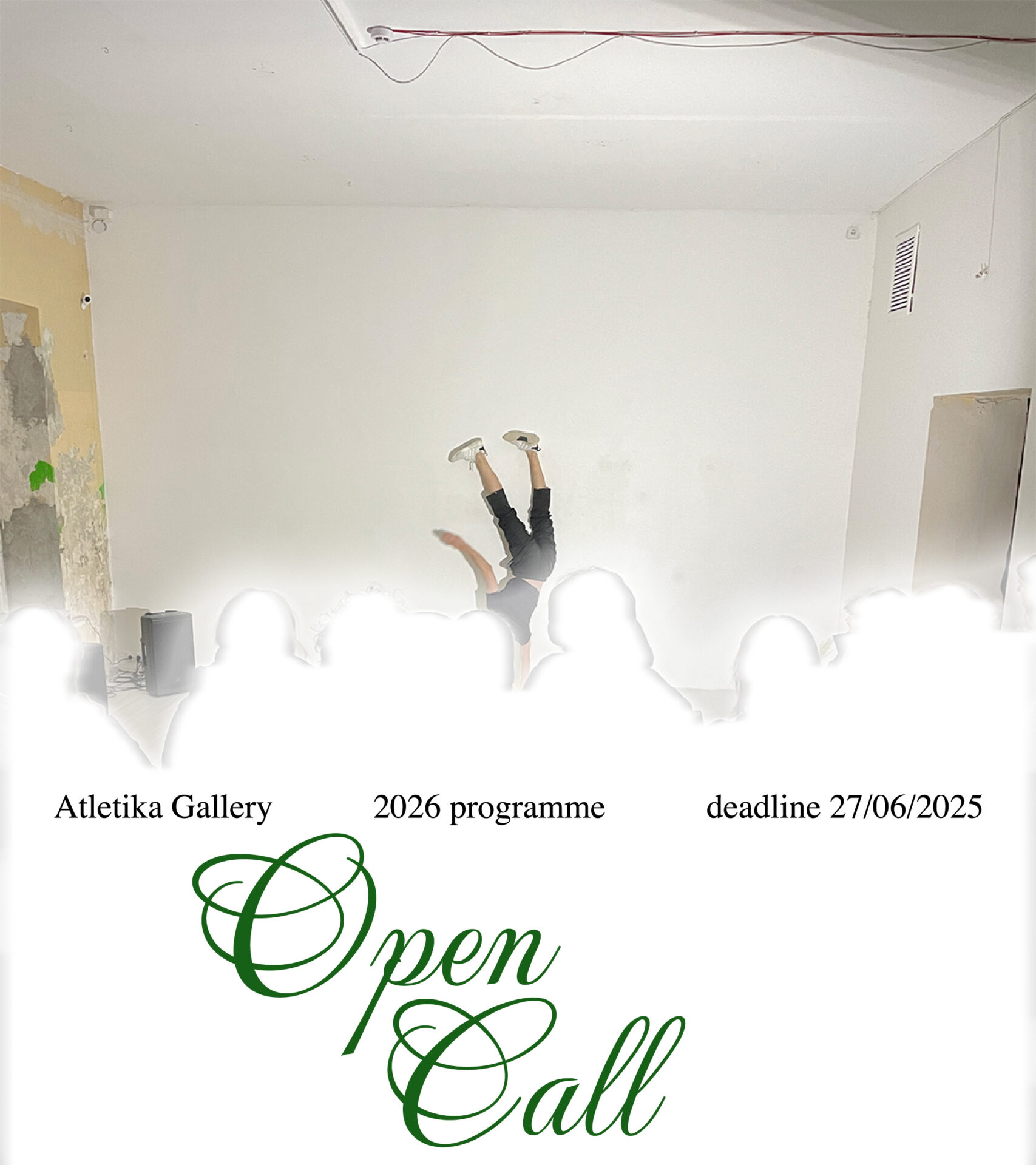Kogo gallery’s new exhibition – “The Bambi Project” curated by Šelda Puķīte, artists Eike Eplik, Žilvinas Landzbergas, Ingrīda Pičukāne, Laura Põld, Rūta Spelskytė and Līga Spunde, will opened on August 27 as part of Galleries Night Vol. 4.
In 1923, Austrian writer and Vienna modernist and Zionist, Felix Salten, published his coming-of-age book Bambi: A Life In The Woods. Salten’s tale tells the story of forest life from the perspective of animals and plants, introducing in great detail their lives full of sight, sound and smell related learning experiences. Later, thanks to the Disney animated drama film Bambi (1942), this forest tale became a significant element of pop culture, inspiration for many environmental activists and a nightmare for hunting organizations. Walt Disney as somebody who profoundly disliked hunting recreated and simplified this story making the forest a place of paradise threatened only by one evil danger – mankind. Over the years, this culturally significant story has been the subject of considerable discussion about its true message from raising environmental awareness and ecocriticism to the representation of the Jewish nation in Europe. In an essay published in 2003, cultural historian Iris Bruce argued that Salten’s tale evokes the “experience of exclusion and discrimination.”
Almost a hundred years have passed since Salten’s book was introduced to its first readers but the story, albeit with few outdated elements, has not lost its relevance today. Now, when discussions of environmental issues, the anthropocentric world view and climate crises have gained new momentum and online book club culture, a curious side effect of the global pandemic, has become more popular, it seems the right moment to revisit the pages of this forest tale. Together with a selected group of artists from the Baltic region, an online book club was created to read Salten’s Bambi and contemplate how this story connects with their personal experiences, the environmental issues we are facing today and the reconnection with nature as part of the idea of a post-human world.
Eike Eplik, Žilvinas Landzbergas, Ingrīda Pičukāne, Laura Põld, Rūta Spelskytė and Līga Spunde are all in their own unique way known for their interest in nature and storytelling. As a result of this experimental book reading laboratory, each of them has chosen some triggering aspect of Salten’s story and created new works for the Bambi Project. Exhibited in the darkened, protective environment of Kogo gallery, the artists’ works have become a coherent ecosystem in an imagined forest.
The Bambi Project is introduced as part of the Ecology – Economy thread, which runs through this year’s exhibition and public programme at Kogo gallery. The economics of the human race and natural ecosystems are interdependent, causing environmental changes and social injustices. At the same time, such transformed economics as feminist and green economics could turn our focus towards the idea of greater sustainability, a reconnection with nature, justice between different social groups and care for our world, which it so desperately needs.
The exhibition is funded by the Cultural Endowment of Estonia, the City of Tartu, the State Culture Capital Foundation of Latvia, the Lithuanian Council for Culture, and the Nordic-Baltic Mobility Programme and supported by Akzo Nobel Baltics AS.
Text by the curator Šelda Puķīte
Graphic design by Aleksandra Samulenkova
Communication: Karin Kahre
Translation and language editing: Refiner Translations
Installation team: Urmo Teekivi, Malle Käärik
The Bambi Project’
Kogo gallery
28.09.–09.10.2021
Exhibition photos: Marje Eelma
Funded by the Cultural Endowment of Estonia, City of Tartu, State Culture Capital Foundation of Latvia, Lithuanian Council for Culture, the Nordic-Baltic Mobility Programme and Akzo Nobel Baltics AS.

A view from a group exhibition The Bambi Project. Participating artists Eike Eplik, Žilvinas Landzbergas, Ingrīda Pičukāne, Laura Põld, Rūta Spelskytė, Līga Spunde, curator Šelda Puķīte. Photo by Marje Eelma

Eike Eplik. Personal Space, 2021. Concrete and stainless wire. Photo by Marje Eelma

Eike Eplik. Personal Space, 2021. Concrete and stainless wire. Photo by Marje Eelma

Eike Eplik. Personal Space, 2021. Concrete and stainless wire. Photo by Marje Eelma

Eike Eplik. Personal Space, 2021. Concrete and stainless wire. Photo by Marje Eelma
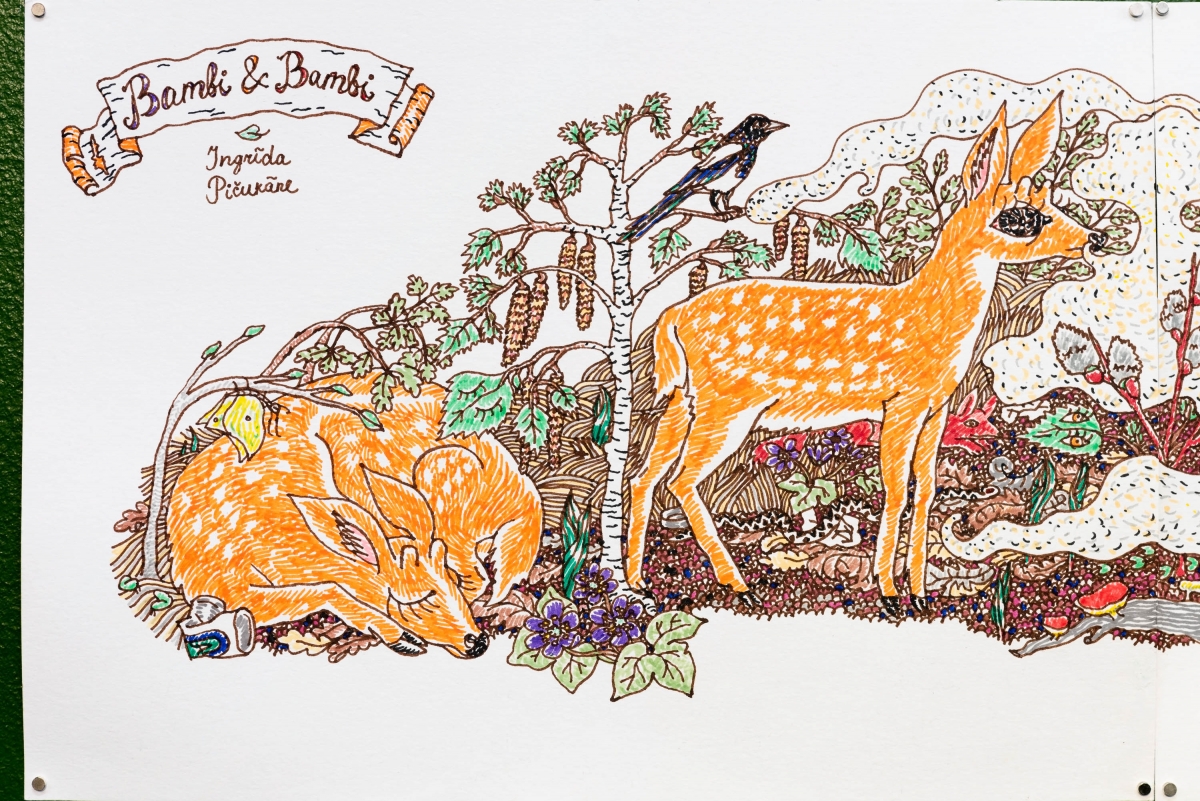
Ingrīda Pičukāne. Bambi & Bambi, 2021. Felt-pen on paper. Photo by Marje Eelma
A fragment of the work.

Ingrīda Pičukāne. Bambi & Bambi, 2021. Felt-pen on paper. Photo by Marje Eelma
A fragment of the work.

Ingrīda Pičukāne. Bambi & Bambi, 2021. Felt-pen on paper. Photo by Marje Eelma
A fragment of the work.

Ingrīda Pičukāne. Bambi & Bambi, 2021. Felt-pen on paper. Photo by Marje Eelma
A fragment of the work.

Ingrīda Pičukāne. Bambi & Bambi, 2021. Felt-pen on paper. Photo by Marje Eelma
A fragment of the work.
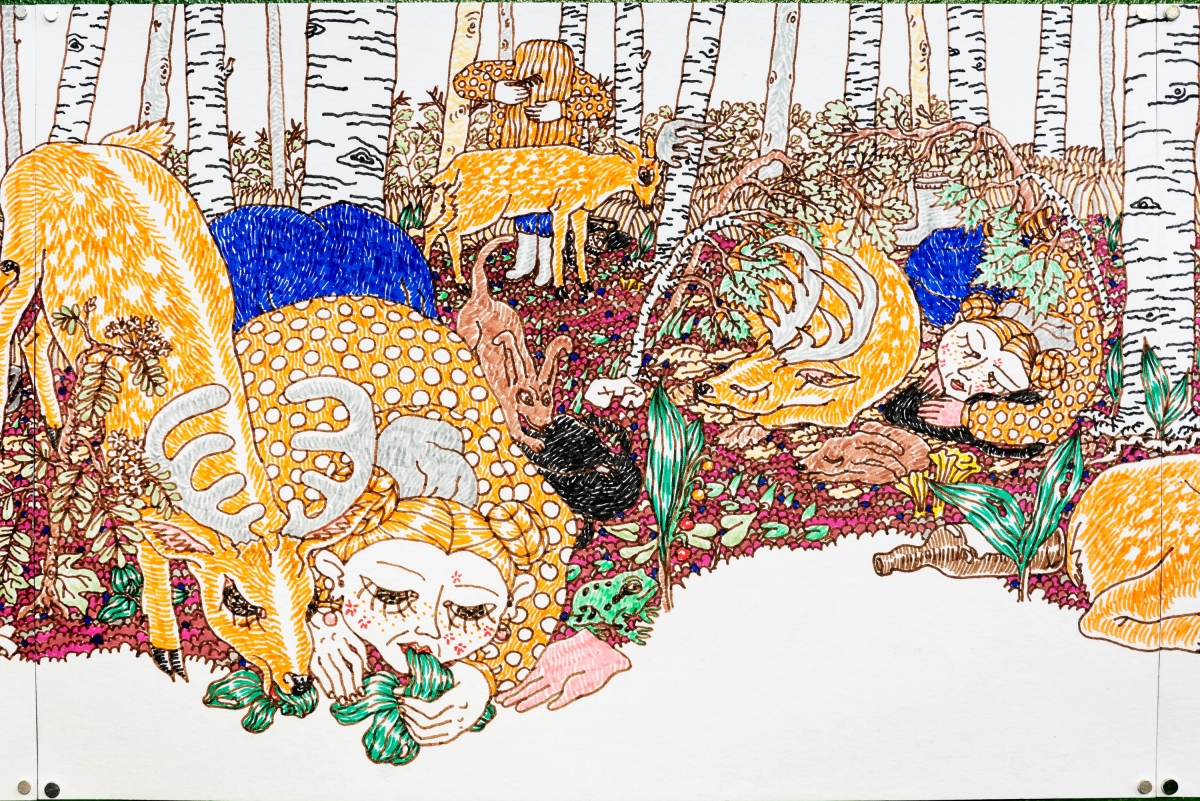
Ingrīda Pičukāne. Bambi & Bambi, 2021. Felt-pen on paper. Photo by Marje Eelma
A fragment of the work.

Ingrīda Pičukāne. Bambi & Bambi, 2021. Felt-pen on paper. Photo by Marje Eelma
A fragment of the work.

Ingrīda Pičukāne. Bambi & Bambi, 2021. Felt-pen on paper. Photo by Marje Eelma

Laura Põld. Overlay I, 2021. Tufted rugs, plywood, varnish. Photo by Marje Eelma

Laura Põld. Overlay I, 2021. Tufted rugs, plywood, varnish. Photo by Marje Eelma
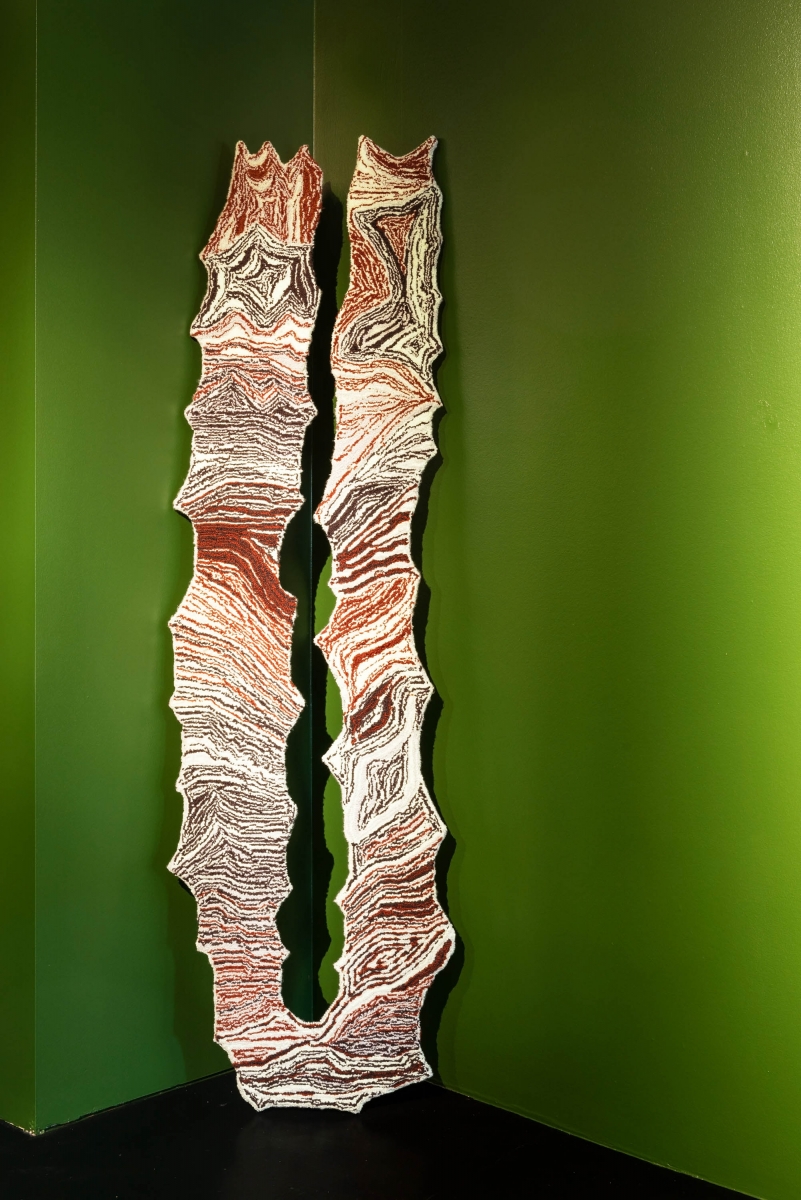
Laura Põld. Overlay II, 2021. Tufted rugs, plywood, varnish. Photo by Marje Eelma

Laura Põld. Overlay III, 2021. Tufted rugs, rope.. Photo by Marje Eelma

Līga Spunde. Bulletproof Glass Protecting Serenity, 2021. Wood, bulletproof glass. Photo by Marje Eelma

Līga Spunde. Gobo, 2021. Wood, polyurethane rubber. Photo by Marje Eelma
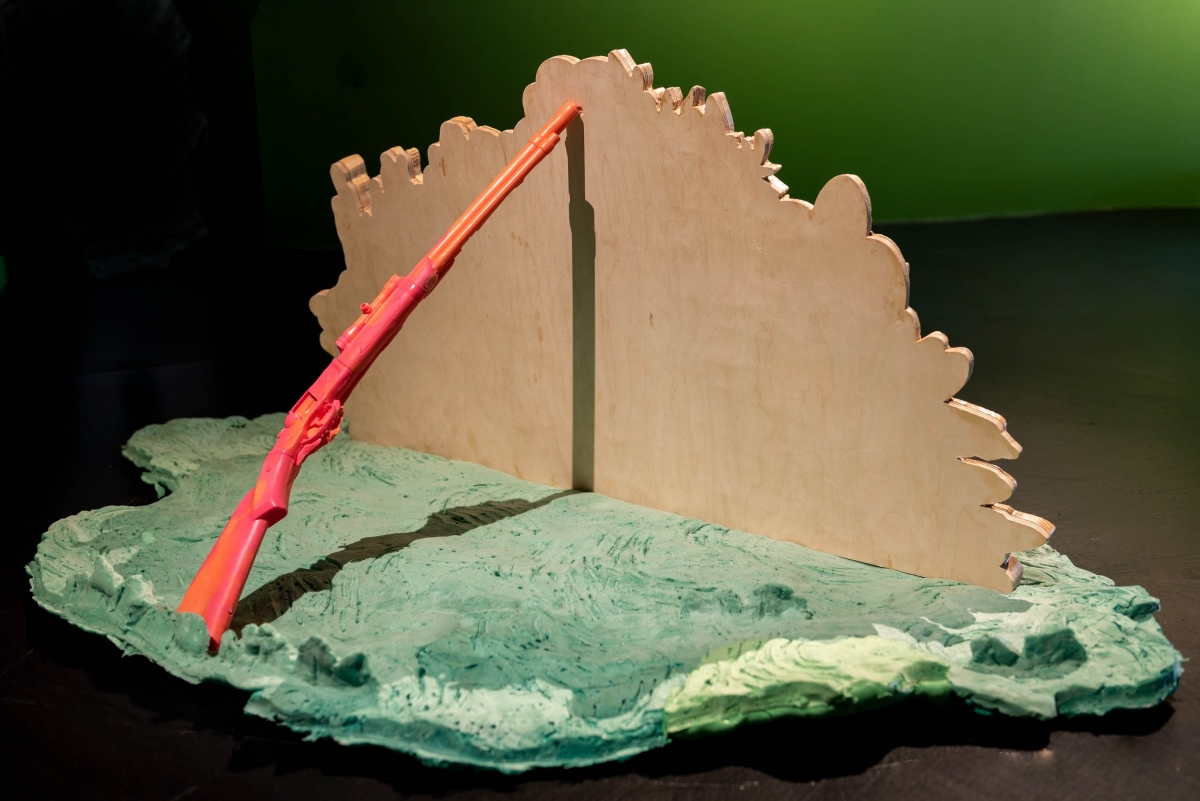
Līga Spunde. Gobo, 2021. Wood, polyurethane rubber. Photo by Marje Eelma
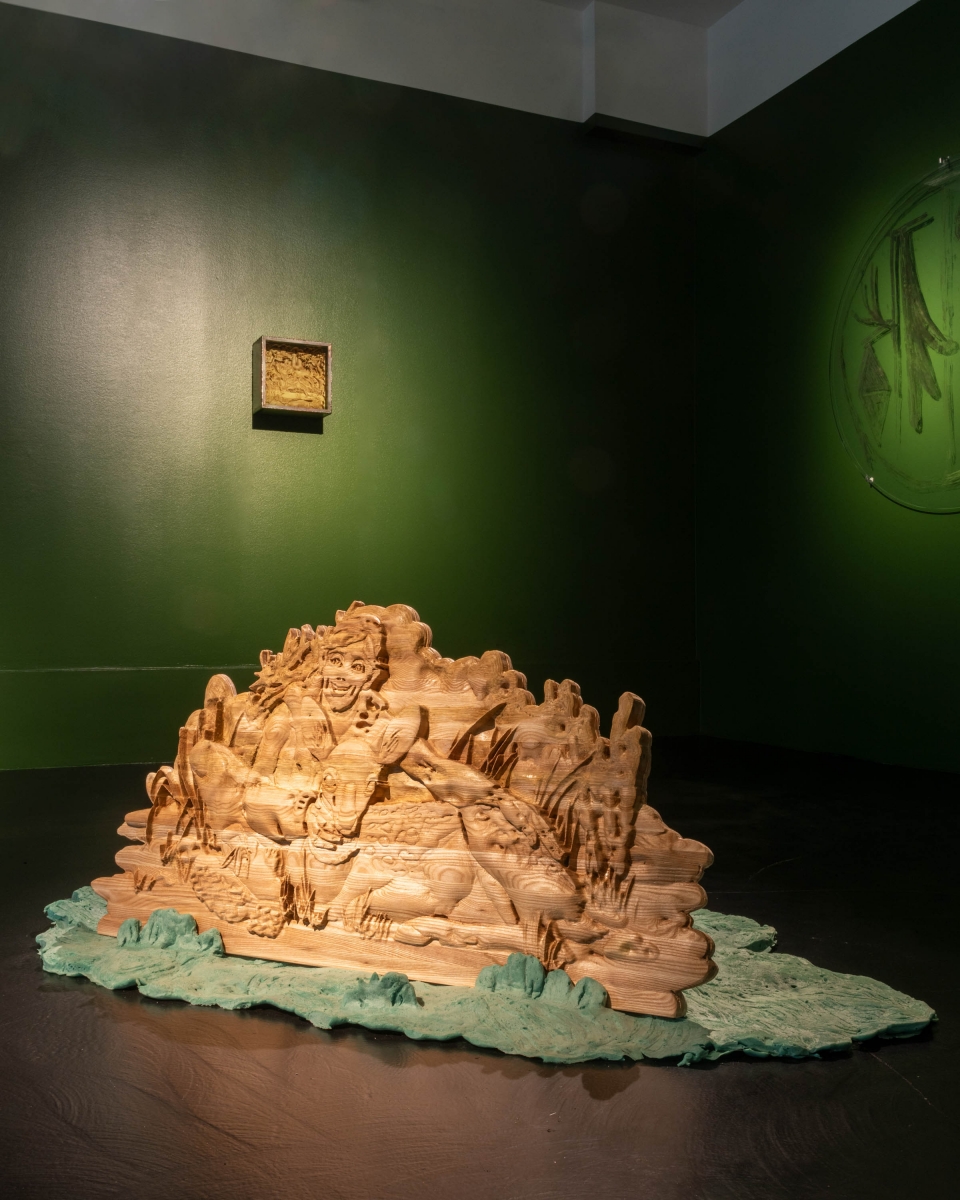
Līga Spunde. Gobo, 2021. Wood, polyurethane rubber. Photo by Marje Eelma

Žilvinas Landzbergas. From the series Fog, 2021. Silver mirror painting on glass, wood. Photo by Marje Eelma

Žilvinas Landzbergas. From the series Fog, 2021. Silver mirror painting on glass, wood. Photo by Marje Eelma

Rūta Spelskytė. Installation view. Photo by Marje Eelma

Rūta Spelskytė. Milkweed Milk, 2021. Milkweed milk collected from milkweed plants grown in artist’s garden, glass bottle. A Soul, 2021. Siberian deer blood, dried, gyps vessel
Photo by Marje Eelma

Rūta Spelskytė. Head Glove, 2021. Latex, pieces of a skull, mounted on painted polyurethane. Photo by Marje Eelma

Rūta Spelskytė. Bloodstone, 2021. Bloodstone, wood, glass beads. Photo by Marje Eelma

Rūta Spelskytė. Smell of Fear, 2021. Dried cow and chicken blood in a glass tube. Photo by Marje Eelma
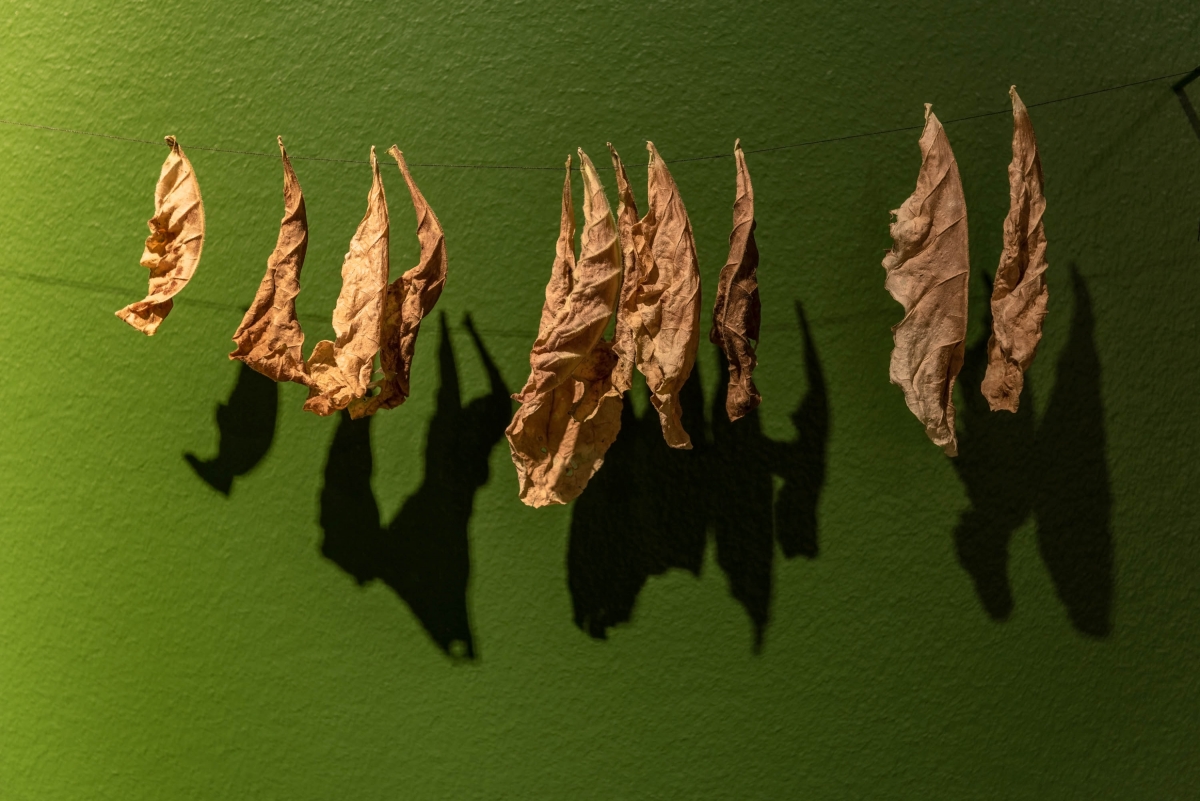
Rūta Spelskytė. Tobacco Leaves, 2021. Tobacco leaves grown in the artist’s garden. Photo by Marje Eelma

A book collection curated by Šelda Puķīte. Photo by Marje Eelma

